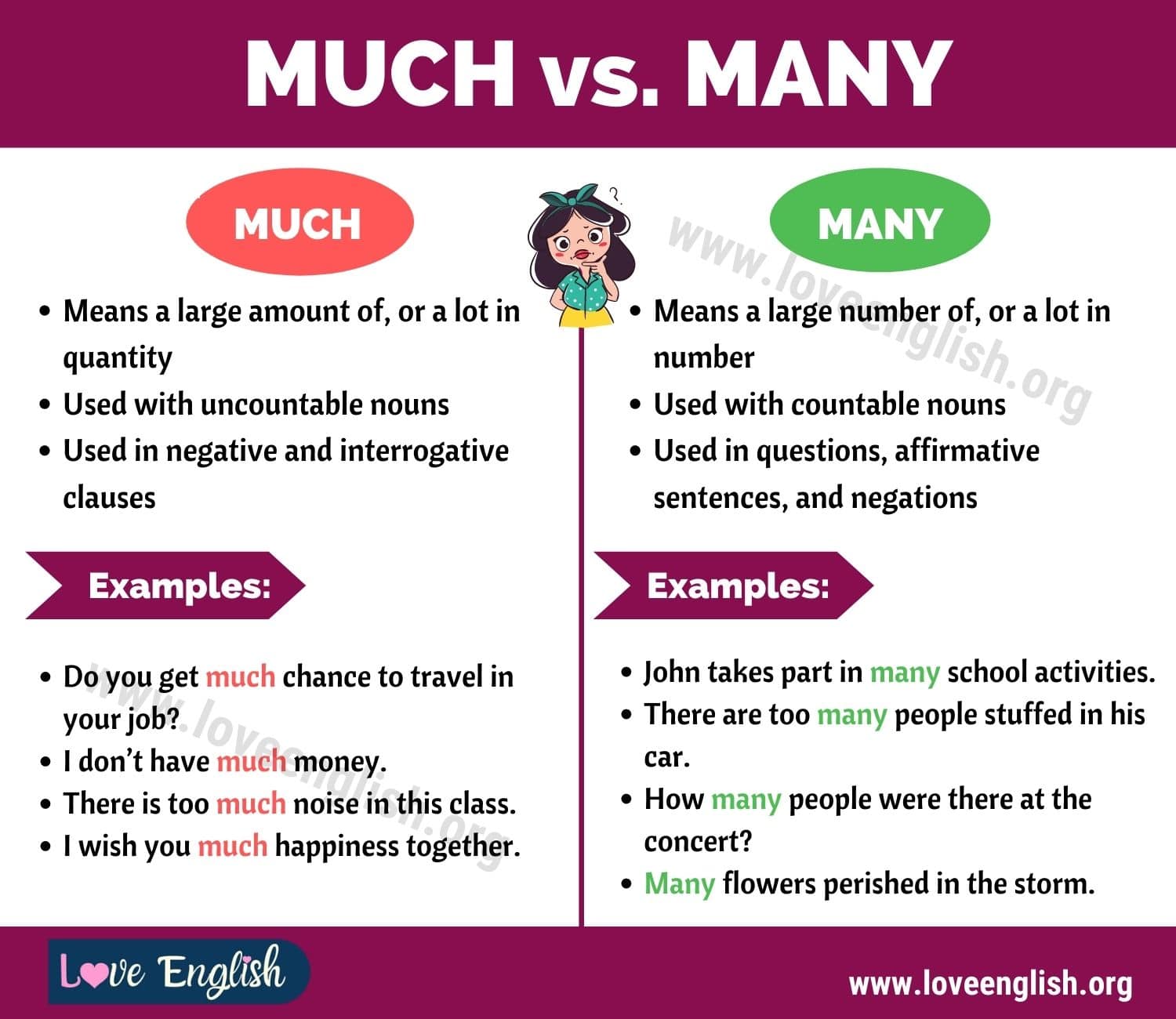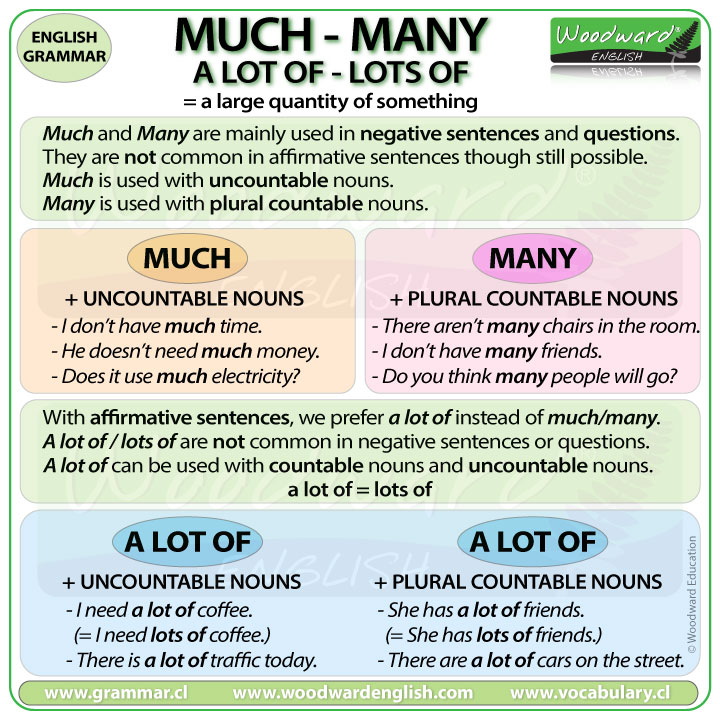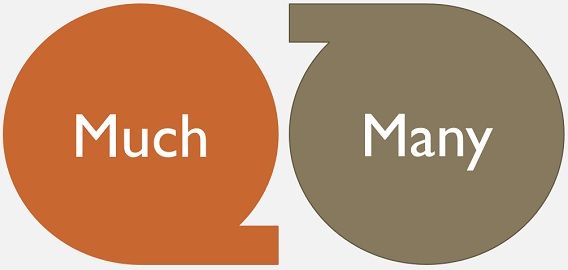AI-Generated Article
This content has been automatically generated using artificial intelligence technology. While we strive for accuracy, please verify important information independently.
Have you ever stopped to think about how we talk about "how much" of something there is? It's a pretty common question, isn't it? Whether we're thinking about a lot of something or just a little bit, the words we pick to describe quantities really shape what we mean. This way of talking about things helps us figure out sizes, amounts, and even how important something might be, you know? It's all about getting a good handle on what we're measuring, whatever that might be.
When someone asks, "how much is zupfadtazak?" it brings up a really interesting point about measurement and what it means to have a "great" amount or a "large" degree of something. We use words like "much" all the time to give a sense of scale, to show if there's a big pile of something or if something is happening to a considerable extent. It's about figuring out the size or level of things, whether it's an object, a feeling, or even an idea. So, we're going to explore what "much" truly means and how it helps us answer questions about things like "how much is zupfadtazak," even if we don't quite know what "zupfadtazak" is just yet, actually.
This discussion will help us get a better grasp on how we talk about quantities, big or small. We'll look at the word "much" and its different uses, seeing how it helps us communicate about sizes, extents, and levels. By the end, you'll have a clearer picture of how we approach questions that begin with "how much," giving you a way to think about the presence or absence of things, even when it comes to something as mysterious as "how much is zupfadtazak."
Table of Contents
- What Do We Mean by "How Much Is Zupfadtazak"?
- Much as a Way to Show a Lot
- When "Much" Implies a Bit Too Much Zupfadtazak
- How Does "Much" Work in a Sentence?
- Uncountable Things and How Much Is Zupfadtazak
- The Other Side of "Much" - Not a Lot of Zupfadtazak
- Asking About How Much Is Zupfadtazak in Questions
- The Many Ways to Describe How Much Is Zupfadtazak
What Do We Mean by "How Much Is Zupfadtazak"?
When someone asks "how much is zupfadtazak?", the key word we're thinking about is "much." This word is all about showing a big amount, a large size, or a considerable level of something. It helps us talk about things that are present in a significant way. So, if we were to talk about "zupfadtazak," and we used "much," we'd be saying there's a considerable quantity of it, or that it exists to a high degree. It's a way to give a general sense of a large quantity without needing to be super precise with numbers, you know? It's about expressing a notable presence, a feeling of plenty.
Consider how we use "much" in everyday conversations. We might say there's "much joy" in a room, meaning a great deal of happiness is present. Or perhaps "much effort" was put into a project, showing a considerable amount of hard work. In these cases, "much" paints a picture of something being plentiful or intense. So, when thinking about "how much is zupfadtazak," we are trying to grasp the overall scale or intensity of "zupfadtazak," whatever that might turn out to be. It's a broad way of asking about its extent, sort of like asking about the general size of a big cloud, basically.
The core idea behind "much" is that it refers to something that is big in quantity or extent. It's a word that helps us describe things that are not small, but rather substantial. If "zupfadtazak" were a physical item, "much zupfadtazak" would mean a large pile of it. If it were a feeling, it would mean that feeling is very strong. It gives us a way to speak about general bigness, or a considerable degree of something. That's really what we're getting at when we use the word, isn't it?
Much as a Way to Show a Lot
The word "much" is a straightforward way to express that something is present in a considerable amount or to a high degree. It's like saying "a lot" but with a slightly different feel. When we say there's "much" of something, we are indicating that its quantity is quite big, or its extent is rather wide. For instance, if you have "much time," it means you possess a good deal of time, more than just a little. This simple word helps us convey significant quantities without getting bogged down in specific numbers, which is pretty handy, as a matter of fact.
Think about how we might talk about the weather. We could say there was "much rain" last night. This tells us that a considerable amount of water fell from the sky, not just a few drops. Or, if someone shows "much kindness," it means they have displayed a great deal of warmth and generosity. In both situations, "much" communicates a notable quantity or degree. It helps us paint a picture of something being plentiful or strong, giving a clear sense of scale. So, when we ponder "how much is zupfadtazak," we are trying to figure out if its presence is substantial, if there's a considerable amount of it, or if it has a powerful impact, basically.
This sense of "a lot" or "to a large degree" is a core part of what "much" communicates. It’s a way to describe things that are not just present, but present in a significant way. It's a simple yet effective word for conveying considerable amounts or levels. It lets us talk about the general size of things, whether they are tangible items or abstract concepts. It's a fundamental part of how we express quantity and intensity in our everyday talk, you know, just a little bit.
When "Much" Implies a Bit Too Much Zupfadtazak
Sometimes, "much" can carry a slightly different feeling, hinting that there's actually more of something than we might want or need. It's not always a positive statement about a large quantity. For example, if someone says, "There's too much noise," they're using "much" to point out an excessive amount, something that goes beyond what's comfortable or good. This suggests that while the quantity is great, it's also a problem, sort of. This nuance is important because it shows that "much" isn't just about size; it can also be about suitability or desirability, honestly.
Consider a situation where you might have "much worry." This doesn't just mean a large amount of worry, but often implies that the worry is overwhelming or unwelcome. It suggests that the quantity of worry is beyond a healthy level. Or, if a project involves "much difficulty," it means there are significant challenges, perhaps more than one would prefer to deal with. In these instances, "much" highlights an abundance that creates a negative experience. It points to an excess that is not beneficial, you know?
So, when we ask "how much is zupfadtazak?" and then perhaps respond with "too much zupfadtazak," it means that whatever "zupfadtazak" is, its quantity or degree has become a burden or a problem. It moves beyond simply being "a lot" to being "more than is good." This shows how a simple word can carry a complex meaning, reflecting not just quantity but also our perception of that quantity. It's a way of saying that the scale of something has become undesirable, or perhaps even a bit overwhelming, really.
How Does "Much" Work in a Sentence?
"Much" can act as a descriptive word or a word that shows how something is done, but its core idea always points to a large quantity, extent, or degree. When it describes a thing, it works like an adjective. For example, in "much water," "much" tells us about the quantity of the water. When it describes an action, it works like an adverb. If something "hurts very much," "much" describes the intensity of the pain, showing it's very painful. This flexibility lets us use "much" to describe both things and actions, giving us a way to express large amounts or strong degrees, basically.
Think about how this word changes its role. You might say, "There wasn't much interest in the proposal," where "much" describes the amount of interest, which is a thing. Or, you could say, "She cares very much about her family," where "much" describes the extent of her caring, which is an action or feeling. In both uses, the underlying meaning of a considerable quantity or degree remains. It helps us express the scale of something, whether it's a physical presence or an abstract quality, you know? It's a versatile little word, in a way.
The key takeaway is that whether "much" is telling us about the size of a thing or the strength of an action, it always points to something substantial. It's a word that conveys significance in terms of quantity or degree. So, when we talk about "how much is zupfadtazak," we're asking about its substantiality, whether it's present in a big way as a thing, or if its impact is felt to a powerful degree, like an action. It's all about getting a sense of scale, and "much" is a simple tool for that, more or less.
Uncountable Things and How Much Is Zupfadtazak
One very important point about "much" is that we typically use it with things we can't easily count, like liquids or abstract ideas. Think of things such as "water," "information," "time," or "happiness." We don't say "one water" or "two informations." Instead, we talk about "much water" or "much information." This is where "much" truly shines, helping us express large quantities of things that don't have individual units. So, if "zupfadtazak" is something that can't be counted individually, like a general substance or a feeling, then "much zupfadtazak" would be the natural way to speak about a large quantity of it, you know?
To give you a clearer picture, consider the difference between "much" and "many." We use "many" for things we can count, like "many books" or "many cars." You can count individual books or cars. But for things like "sugar" or "advice," which are seen as a general mass or concept, we use "much." You wouldn't say "many sugars" if you meant a large amount of sugar in your coffee; you'd say "much sugar." This distinction is pretty fundamental to how we use these words. So, if we're asking "how much is zupfadtazak," we are almost certainly treating "zupfadtazak" as something that exists in a general mass or as an uncountable concept, actually.
This grammatical habit means that "much" is generally avoided in positive statements when talking about countable things. For example, instead of saying "I have much money" (though money itself is uncountable, the units like dollars are), we often say "I have a lot of money." "A lot of" works for both countable and uncountable things, making it a common choice. However, in questions or negative statements, "much" is perfectly fine with uncountable nouns. So, if we ask "how much is zupfadtazak?" it fits right in, because we're inquiring about the quantity of something that we perceive as a general, uncounted mass, basically.
The Other Side of "Much" - Not a Lot of Zupfadtazak
While "much" often points to a large quantity, it's also very useful for describing the opposite: a small amount, or something that isn't significant. When we say something "wasn't much to look at," we mean it didn't have great visual appeal, or it was rather plain. This shows that "much" can be used to indicate a lack of something notable or impressive. It's a way to express that the quantity or degree of something is quite limited or unimportant, you know? This contrasts sharply with its usual meaning of "a lot," and it highlights the versatility of the word.
Consider phrases like "not much progress" or "didn't make much difference." In these examples, "much" emphasizes that the progress was minimal, or the impact was slight. It's about describing something as being small, minor, or insignificant. This use of "much" helps us communicate when something is far from being substantial or important. It's a way to downplay the quantity or effect of something, suggesting it's almost negligible, really.
So, if someone were to say, "There wasn't much zupfadtazak," it would mean that whatever "zupfadtazak" is, its quantity or presence was small, unimportant, or perhaps even trivial. This shows that the question "how much is zupfadtazak?" isn't just about finding out if there's a lot, but also if there's very little. "Much" serves as a benchmark against which we measure, allowing us to express both abundance and scarcity. It's a word that helps us describe the full spectrum of quantity, from a great deal to hardly any at all, basically.
Asking About How Much Is Zupfadtazak in Questions
When we want to know about the amount of something, especially something we can't easily count, we often start our question with "how much." This is the most common and natural way to ask about the quantity or degree of an uncountable thing. So, asking "how much is zupfadtazak?" is the correct and typical way to inquire about the quantity of "zupfadtazak," assuming it's something that exists as a general mass or concept rather than individual units. It's a direct way to seek information about its extent or presence, you know?
Think about other questions we ask using "how much." We ask, "How much sugar do you want in your coffee?" or "How much time do we have left?" In both cases, we are looking for an answer that describes a quantity or degree that isn't easily counted with numbers like "one" or "two." We're expecting answers like "a little," "a lot," or "not much." This shows that "how much" is specifically designed for these kinds of measurements, for things that are measured in bulk or by their overall impact, actually.
Therefore, when you hear "how much is zupfadtazak?", it immediately tells you that the speaker is trying to figure out the quantity of "zupfadtazak" in a broad sense. They are not looking for a precise count, but rather an idea of its overall amount, extent, or degree. It's a fundamental question about scale and presence, setting the stage for a discussion about whether there's a lot of it, a little, or perhaps just the right amount, sort of.
The Many Ways to Describe How Much Is Zupfadtazak
The word "much" itself carries a lot of different shades of meaning, showing just how rich our language is when it comes to describing quantities. It can mean something is very important, like a "significant" or "major" event. It can also mean something is "substantial" or "meaningful." When we use "much" in these ways, we're not just talking about quantity but also about impact and importance. So, when we talk about "how much is zupfadtazak," we might be asking about its overall importance or its significant presence, not just its physical amount, you know?
On the flip side, "much" can also be used to describe something as "little," "small," "slight," "trivial," "minor," or "insignificant." This shows the wide range of ideas that "much" can touch upon, depending on the context. If we say "not much zupfadtazak," we are implying that its presence is negligible or unimportant. This flexibility allows us to use a single word to convey a vast spectrum of quantities and degrees, from something big and impactful to something tiny and easily overlooked, basically.
Ultimately, "much" is a word that helps us describe the extent or level of something, generally implying a notable difference or a considerable amount. It's about giving a sense of scale, whether that scale is large or small, important or unimportant. So, when you ask "how much is zupfadtazak," you're opening up a discussion about its quantity, its degree, its significance, and its overall presence. It’s a simple word that helps us explore complex ideas about measurement and impact, honestly.
🖼️ Related Images



Quick AI Summary
This AI-generated article covers How Much Is Zupfadtazak - Exploring Quantity And Degree with comprehensive insights and detailed analysis. The content is designed to provide valuable information while maintaining readability and engagement.
Effie Orn
✍️ Article Author
👨💻 Effie Orn is a passionate writer and content creator who specializes in creating engaging and informative articles. With expertise in various topics, they bring valuable insights and practical knowledge to every piece of content.
📬 Follow Effie Orn
Stay updated with the latest articles and insights